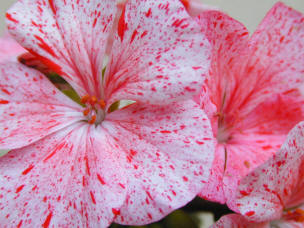Black Fly - Blackfly Aphids and How to Get rid of Them
The one good thing about Black Fly - or Blackfly - is that they are easy to see. Sometimes the other closely related aphid - the Greenfly, is not seen until it has taken a stranglehold on its plant meal.
As with all other Aphids, Black Fly is a sap sucker. It literally sucks the host plant to death. A little bit of exaggeration, in that it departs the plant that is giving it a feed, before it dies. A dead plant is of no use to this sap sucker!
As Black Fly are easy to see, we have the advantage of being able to deal with it - getting rid of it - before it can do too much damage. Even when we see the seemingly devastating effect of over-wintered broad beans, all is not lost. In this case, it simply puts the plant back a bit. kill the black fly, and the plant soon recovers.
There are three basic ways of dealing with a Black Fly infestation. Spray with an insecticide or puffer; using a biological control; or preventing them in the first place!
Blackly - along with the other Aphids - have a quite complicated life cycle, thus making them more difficult to control. For instance, the Black Fly female, is quite capable of producing live young - and eggs - without the help of the male! Live young are immediately able to feed upon the host plant. They do not have to wean on the mother Black fly, so getting in early with control measures is quite important.
Recommended Products
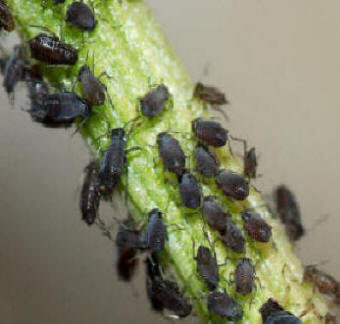 As their name suggests, Black Fly can fly! This is part of their life
cycle apparatus, in that the female flies off in the Autumn to lay eggs
on a host plant which over-winter. The young are born with the ability
to fly immediately in early spring; their first point of call is
normally the over-wintered broad beans - which make a succulent meal
before most other suitable plants start to grow.
As their name suggests, Black Fly can fly! This is part of their life
cycle apparatus, in that the female flies off in the Autumn to lay eggs
on a host plant which over-winter. The young are born with the ability
to fly immediately in early spring; their first point of call is
normally the over-wintered broad beans - which make a succulent meal
before most other suitable plants start to grow.
More young are born - with wings - enabling a migration to the likes of Viburnum, Honeysuckle and then the later Dahlias. From there, off once again to perform the Winter Egg Laying off site!
Fortunately, the image shows the Blackfly at many times normal size. They are only a few millimetres long! Image by Joaquim Alves Gaspar,
Getting Rid of Black Fly.
The quickest way to get rid of Blackfly is to apply a spray as soon as you see the infestation. This will most certainly be on Broad Beans firstly, followed by French and Runner Beans, then ornamentals such as Dahlias, Poppies and nasturtium later. Later still, they will surface on the Autumnal foliage of Mock Orange (Philadelphus). Viburnum opulus types and Euonymus japonicus europus (The evergreen one).
- Natural Predators - exist for most garden pests, but our methods of gardening usually keeps these predators away or - worse still - kills the friendly predators off. The Ladybird in particular is an avid feeder on most Aphids - as are the larvae, which most would wrongly recognise as a pest! The rather beautiful Lacewing is another gobbler of Aphids, and much can, and should be done, to persuade Lacewings and Ladybirds to set up home in our garden.
- Natural Sprays for Killing Blackfly will include those based upon Pyrethrum or Horticultural Soap. These are not the most effective control for getting rid of Blackfly - but they are considered as being 'organic'!
- Contact Spray of BlackFly include Bayer Sprayday (Deltamethrin). Used directly at the clusters of Blackfly - or other Aphids.
- Systemic Control of Blackfly - is absorbed into the plant tissue and sap, and is therefore very effective at killing off Black Fly and other Aphids over a period of time. Scotts Bug Clear Ultra is fine but MUST NOT BE USED FOR EDIBLE CROPS!
- Edible Crops and Blackfly. Bayer Provado ultimate Bug Killer is suitable for most ornamental, and a wide range of edible crops. READ the instructions on the pack to see which edible crops can be treated. The old favourite of Permethrin is not now allowed for use.
- Overwintered Eggs of Blackfly can be attacked with a general purpose oil based winter wash. Winter Tar wash is no longer applicable!
- Biological Control - is comparatively expensive, but effective - if you can create the right conditions. The main problem being that there will be a time lag between being able to source the biological control of Blackfly. Together with this, there will need to be enough Blackfly for the biological predators to act upon.
Best Selling Gardening Products
Popular Gardening Sections
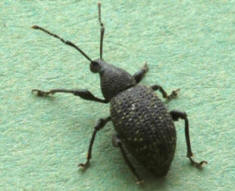
Problems
Identify Weeds in The Garden - How to deal with weeds. Diseases and Pest which harm your garden and plants, learn how to prevent, deter and erradicate your garden problems.
Garden Problems
Pruning
Pruning Guide. Shrubs flower better with correct pruning. Many illustrations and examples of what to do - and when. Includes evergreens, roses, flowering shrubs, spring flowering shrubs and pruning for stem effect. This is our most viewed and comprehensive section,
Pruning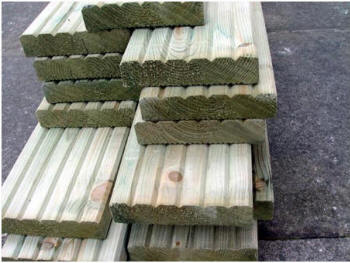
Gardening Businesses
Gardening Businesses listed in the UK counties and USA states. County and State Listings of businesses involved in Garden supplies and services. If you wish to be added to the Directory, please send us your information. Having problems, use the search box
Businesses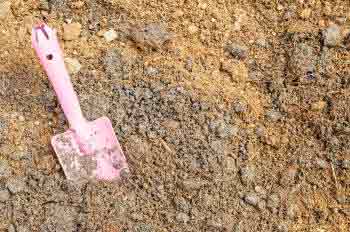
Gardening
In this section you will learn about Gardening Basics, Containers, Landscaping, Propagation and Soil.
Gardening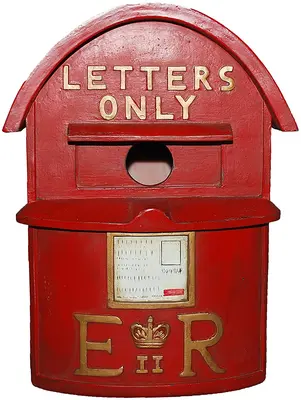
Gardening Gifts
Gardening Gifts and Reviews, Read Before you Buy
- Gardening Gifts Ideas
- Gifts For Her
- Gifts For Men
- Power Tool Gifts
- Cheap Gifts
- Personalised Gifts
- Wildlife Gifts
- Family Gifts


